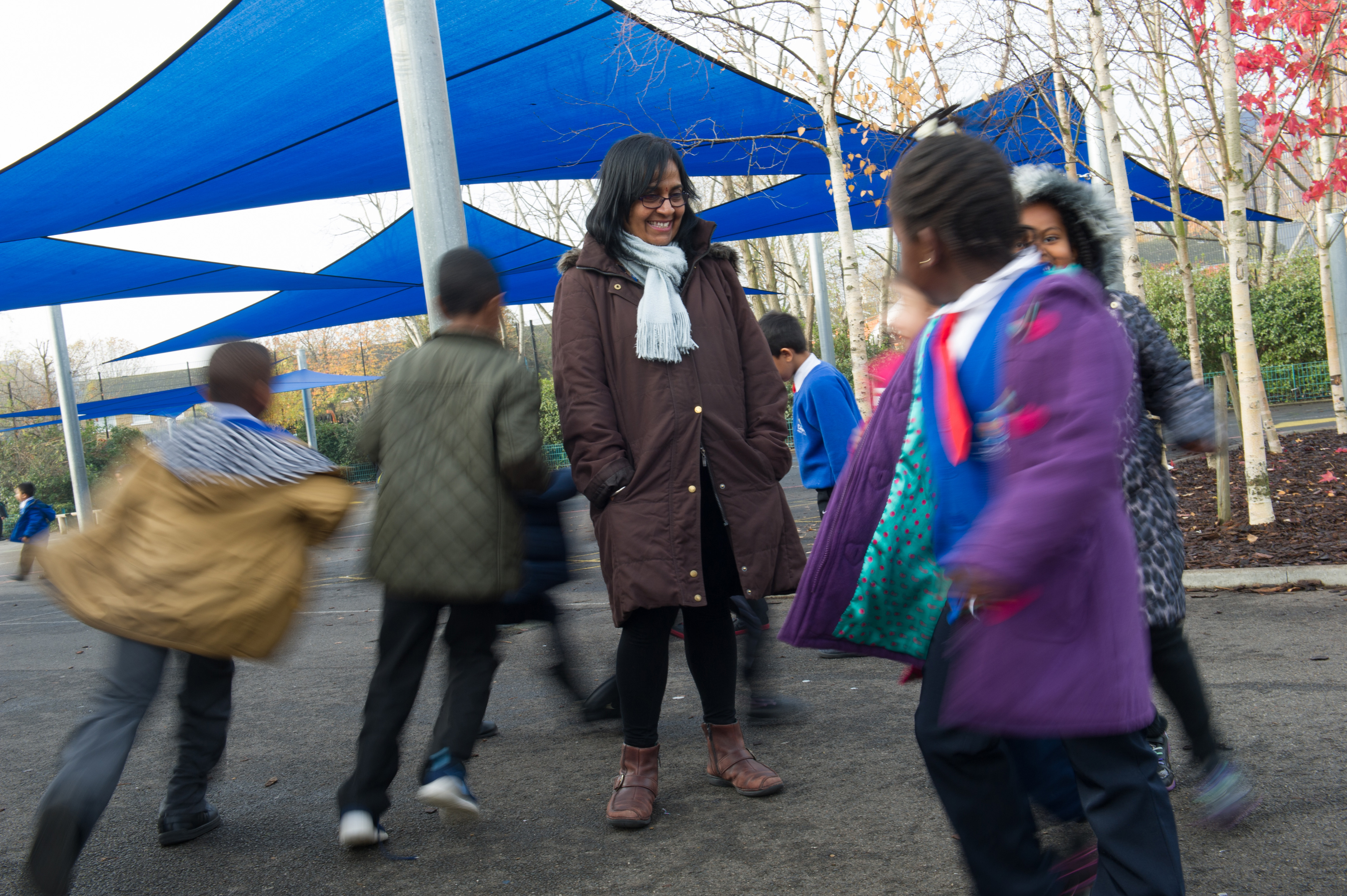

Early years practitioners are also known as nursery nurses. They are specialists who look after the social and educational development of babies and young children up to the age of five years old.
What's involved
The role of a nursery nurse would include the following duties:
- Reading stories and and helping children learn number skills
- Helping children to learn number skills, eg using counting games
- Observe children's progress and keep records to share with parents
- Working to Early Years Foundation Stage standards on child learning
- Making sure children are safe and reporting any concerns
- Feeding and changing babies, and supervising meals of older children
Skills and experience you’ll need
- Enjoy being around young children
- An interest in child development
- Imagination and creativity
- Patience and enthusiasm
- A caring and kind nature
- Willingness to be part of a team
Click here to discover support roles for schools.
Entry requirements
Often nursery nurses start their career by working as a nursery assistant under the supervision of more experienced staff.
To become a qualified nursery nurse, a Level 2 or Level 3 childcare qualification is valid if you completed it before September 2014. Examples include Level 2 Certificate for the Children and Young People's Workforce, Level 3 Diploma for the Children and Young People's Workforce or Level 3 Diploma for the Early Years Workforce.
If you don't already have such a qualification, you will need to complete a Level 3 early years educator award which have been available since September 2014. Examples include:
- Level 3 Diploma in Childcare and Education
- Level 3 Diploma for the Early Years Practitioner
- Level 3 Diploma in Children's Learning and Development
- Level 3 Diploma in Montessori Pedagogy - Birth to Seven
Early years educator qualifications are widely available through local further education colleges and other training providers. Depending on how your course is funded, you may be required to have GCSEs (A*-C) in English and maths. Ask your training provider whether you need GCSEs to start the course or whether you can do these alongside your training.
You may be able to become an early years practitioner through an apprenticeship scheme. Find out more details about the apprenticeship on the Institute for Apprenticeships website. You can also find out more general information and look for apprenticeships on the Government website (England).
Training and development
You'll find information on careers and courses in childcare from:
- Pre-school Learning Alliance
- Professional Association for Childcare and Early Years (PACEY)
- National Day Nurseries Association
Experienced nursery nurses could study towards a higher education qualification in early years or child development to open up career options in management or early years teaching. Higher education qualifications include:
- foundation degrees in early years related subjects
- degrees in early childhood studies, early years, child development or related subjects.
If you have a higher education qualification, you may be able to apply for early years Initial Teacher Training (ITT). This leads to the award of Early Years Teacher Status (EYTS). The route taken will depend on your qualifications and experience. Find out more on the Get into teaching website.
If you need more help speak to the person at work responsible for your career development or your Union Learning Representative.
Useful links
Have a look at the early years role profiles under the teaching and learning support job family to find out more about the different levels you could work at.
For more information in Scotland, contact Skills Development Scotland
In Northern Ireland contact Careers Service Northern Ireland
In Wales / Cymru contact Careers Wales

